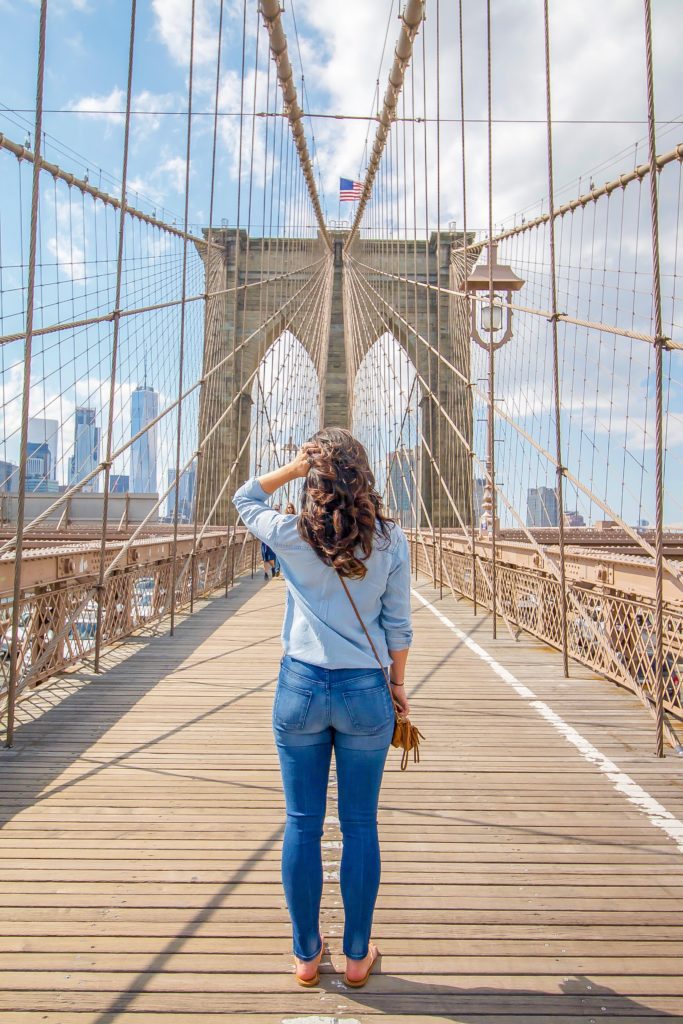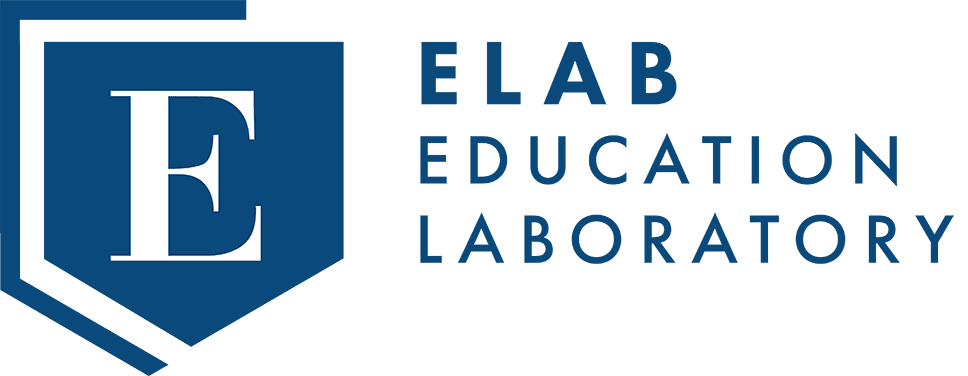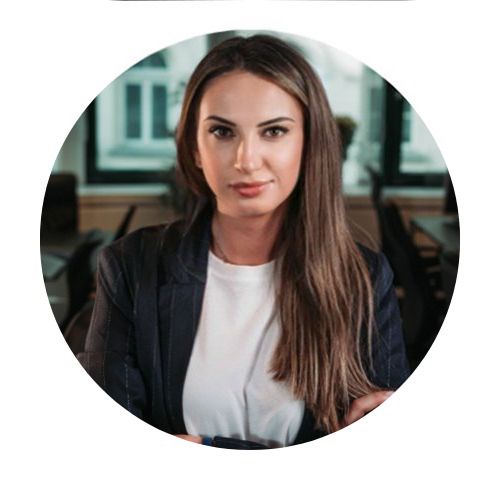How to get into Columbia University, New York
Columbia University, New York - overview
Located in the heart of New York, Columbia University is a private, Ivy League research university with approximately 34,000 students, a high research output and a reputation for excellence, innovation and entrepreneurship – which has resulted in a competitive 4.66 acceptance rate. Founded in 1754, it is the oldest university in New York State and the fifth oldest in the US.
Columbia University is renowned for its scientific breakthroughs and has produced 100 Nobel Laureates, 125 Pulitzer Prize winners, and educated four American presidents and 29 heads of state. The university is divided into 20 schools, four of which are for undergraduates, while the other 16 are for postgraduate studies. Its campus in or around New York’s Morningside Heights offers over 8,000 units of accommodation, the medical school is affiliated with 20 hospitals in the US and four abroad – everything which Columbia University does and provides is on a grand scale.
It has been estimated that Columbia University produces 175 inventions in health sciences every year and holds over 600 patents. At present, the university is working with Amazon and IMB on accelerator laboratories. Columbia was the first university to chart the brain-computer interface, develop lasers, discover nuclear resonance, and plate tectonics and the role they play in continental drift – to name but a sample of its scientific work. As a result, places at Columbia University are highly sought-after by students who wish to take a STEM course.
Columbia University has an international outlook and partners with universities all across the globe. Its students can devote a term or a year to pursuing their studies in world-class institutions such as Sciences Po, EHESS, ENS, Kings College, London, the University of Warwick, and the LSE, with select students being offered the opportunity to go to Oxford or Cambridge.




What is so special about Columbia University?
Columbia has a reputation for outstanding achievement in the sciences, and a long tradition of distinguished teaching, research and discovery in the natural sciences and mathematics.
Columbia University’s Core Curriculum
Columbia University sets out to produce well-rounded global citizens, who are as at home discussing music as science, the Iliad, and the history of the Rift Valley. Its core curriculum is a broad and demanding series of courses and is compulsory.
Every first-year each student is obliged to take:
- The Masterpieces of Western Literature – one year
- University Writing – one term
- Frontiers of Science – one term
In the second year students take:
- Contemporary Civilisation -one year
In addition, in order to graduate from Columbia University, you will have to fit in:
- One term of Music Humanities
- One term of Art Humanities
- Two terms of Science
- Four terms of Foreign Language
- Two courses (one term each) on non-Western cultures
- Two terms of physical education
AND pass a swimming test!
How to get into Columbia University – the general requirements
Columbia University accepts both the Coalition and Common App.
You can apply for Early Decision and upload your application by I November, or Regular Decision, with a deadline of 1 January. Applications for financial aid need to be submitted by 15 November and 15 respectively.
Note that while Columbia University is need-blind for US students, it is need-aware when it comes to international students. However, it has a well-deserved reputation for generous financial aid, including scholarships.
NB: Your application must be either to Columbia College or Columbia School of Engineering.
You will need to send in a selection of documents, including:
- An official transcript from the schools you attended
- One recommendation from a school counselor, head, or vice-principal, which also describes the school, its organization and marking systems
- A mid-year report
- Two teacher recommendations: if you are applying for engineering the recommendations must come from a maths or science teacher
- Proof of language proficiency: IELTS 7.5 + or TOEFL 105+
- A fee of $85
The majority of applicants will have a GPA of 4.14 or above. At present SATs and ACT are optional, but to give you an idea of the level of academic success expected by Columbia University, the majority of successful applicants scored 1560 and over in the SAT and 35 in the ACT – high scores, which demonstrate that they were in the top 10 percent in their class.
How to get into Columbia University, New York – Focus on the Columbia Supplement
The Columbia University Supplement is made up of three 200-word essays and three lists, or short answers, two of which are 75 words long, and the final one of 125 words.
Unlike certain other Ivy League Supplements, you will not be given any choice in responding to prompts. On the positive side, this means that you can prepare six, rather than potentially eight, essays/short answers. Perhaps the easiest feature of the Supplement are Columbia’s lists. In the 2021-2020, these were the list questions:
1. "List the titles of the required readings from academic courses that you enjoyed most during secondary/high school.” (75 words).
2. "List the titles of the books, essays, poetry, short stories or plays you read outside of your academic courses that you enjoyed most during secondary/high school?” (75 words).
3. “We are interested in learning about some of the ways that you explore your interests. List some resources and outlets that you enjoy, including but not limited to websites, publications, journals, podcasts, social media accounts, lectures, museums, movies, music or other content with which you regularly engage “(125 words).
General Tips:
- Do not italicise names of books, plays, poems etc.
- You cannot add any explanatory remarks to the list.
- The order in which you list items is not important.
- Do not number your list or introduce rankings.
- Separate each item from the next with a comma or a semi-colon.
- Lists should reveal your interests and refer back to your application.
Start your USA application today
First step: create a bulletproof strategy for getting into a top US university. We can help.
Columbia University - The three essays (200 words each).
In 2021-2022, these were the three prompts (and you will find variations on the theme every year, since the emphasis is usually on Why? Community and Activities).
“Why are you interested in attending Columbia University? We encourage you to consider the aspect(s) that you find unique and compelling about Columbia.”
"A hallmark of the Columbia experience is being able to learn and live in a community with a wide range of perspectives. How do you or would you learn from and contribute to diverse, collaborative communities?”
“Please tell us what from your current and past experiences (either academic or personal) attracts you specifically to the areas of study that you noted in the application.
How to get into Columbia – the most popular courses:
- Social sciences
- Engineering, taught at the world-famous Fu Foundation School of Engineering and Applied Science
- Visual and Performing Arts
- Foreign languages
- Economics
- Pharmacology
- History
- Computer and information sciences
- Biological and biomedical sciences
- Political science and government
- Mathematics and statistics
Columbia has small classes, with 86 per cent having under 20 students.
Columbia University – Living in New York City


New York
New York is a huge and bustling metropolis, and the university is aware of the need to provide its students with a safe environment. It offers campus safety and security services, including 24-hour foot patrols and vehicle patrols.
Campus safety
New York is a huge and bustling metropolis, and the university is aware of the need to provide its students with a safe environment. It offers campus safety and security services, including 24-hour foot patrols and vehicle patrols, late-night escort and transport services, 24-hour emergency phones, dormitories which can only be accessed with a key or security card and well-lit pavements. In 2020, it was ranked the fifth safest campus in the USA.
New York is on your doorstep and there are subway and bus stops on campus which will take you anywhere you want to go in a matter of minutes, so you feel part of the urban community, rather than marooned in an artificial bubble of students on, for example, a rural campus. The pace of life is fast, and the workload is heavy, so you need to balance your lifestyle by pursuing leisure activities. Going to university in New York places you at the hub of virtually infinite possibilities:
Broadway, Chinatown, Manhattan, Central Park, Greenwich Village, the Hudson, whatever you feel like doing, whether it’s sipping cocktails in a bar, going to the latest exhibition, shopping at Saks or browsing Brooklyn’s AquaDuck Flea Market , it’s all there, and available to enjoy in the city that never sleeps.
Nevertheless, even if New York is the lure, do not forget that Columbia expects you to work hard – you will have to write two or three assignments a week for the core curriculum and, since Columbia is famous for not inflating its grades, you will have to be a strong independent learner, with good time management skills, to achieve impressive marks.
Is it worth it? – Of course!
How to get into Columbia University – a summary
The majority of the people who apply to Columbia University will have excellent test scores, an academic record of accomplishment second to none, extracurricular activities aplenty and a GPA well over 4.0.
So how do you stand out from the crowd and receive the offer of a place?
The Columbia University Supplement is crucial in the admissions process, and it is never too early to start considering how you will draft your essays.
Write, rewrite, polish, and spellcheck every single line.
Make sure your words sing, that your arguments and narratives are clear, original, and striking, and check that you have conveyed who you are. Offer Columbia University what they are looking for: unique intellectual perspectives, flair, and the passion and drive to pursue your interests, wherever they may take you in your field.
Remember that the supplement gives you the best opportunity to present yourself, your achievements, and plans.
How to get into Columbia University – what should I do next?
Elab runs an extremely successful Ivy League programme which will guide you through the application process
In addition, our experienced team of US experts works in collaboration with current Ivy League students, who offer mentorship and inside knowledge of the realities of studying in America’s most prestigious universities.
Elab can give you essential information and help with applying for scholarships, tuition fees, getting a visa, medical insurance, bank accounts, and mobile phone contracts, accommodation costs, and deciding which dining plan is most suitable for your needs, etc.
We will work with you to confirm which Ivy League university is right for you and help you choose the course you wish to take. We will also ensure that your Common App is well-prepared and that you have submitted all the documents required in good time and are ready to draft those all-important essays.
Call Elab or send us an email. It is never too early to start the application process to Columbia University – an extraordinary New York institution, and the doorway to a brilliant career.

